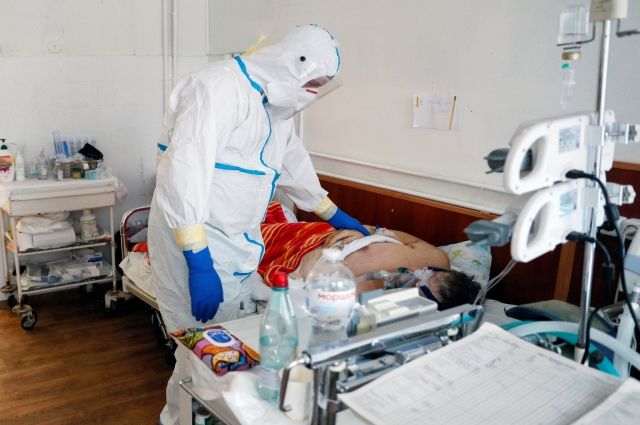Source: Federal AIF
Specialists of the Ministry of Health have identified five drugs that can be used to treat coronavirus infection, among them favipiravir, remdesivir, umifenovir, hydroxychloroquine and interferon-alpha.
An updated version of the agency’s guidelines for the prevention, diagnosis, and treatment of COVID-19 has been published on the ministry’s website. It is specified that antibiotic therapy should be prescribed only if there are convincing signs of a bacterial infection.
In the new version of the document, among other things, improved treatment regimens, depending on the severity of the course of the disease, and approaches to intensive care of patients with acute respiratory failure appeared.
In addition, experts added recommendations on the specifics of providing medical care to patients with oncology and chronic kidney disease. Also spelled out the specifics of dispensary observation of citizens who have suffered coronavirus.
Meanwhile, the Kremlin spoke about the possible timing of a return to normal life after the pandemic.
Related:

